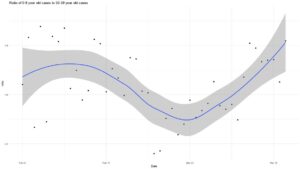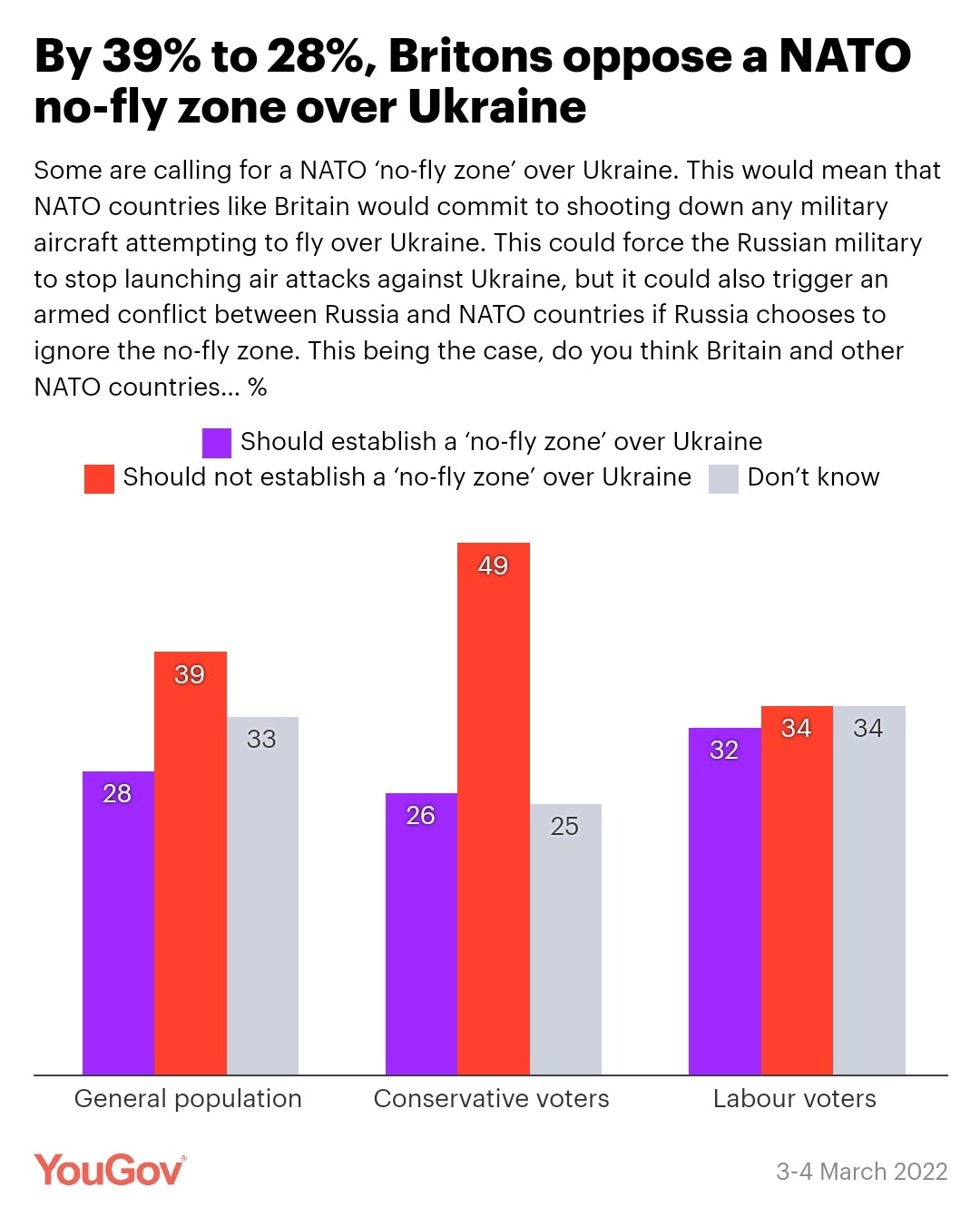March 23, 2022
Briefly
- BBC’s More or Less on the actual evidence for mask use. Probably not 53% reduction in risk. But is it worthwhile? Yes, they say.
- I’m the The Conversation on the benefits of vaccines: modest against infection but pretty good against serious illness
- People are (quantatively) bad at estimating the population income distribution — and everything else
- The USA may be about to stop daylight saving time changes. The Washington Post shows where the impact will fall if they do. It’s probably a good idea, but it’s going to be a pain for some people.
- Trip planning for Ancient Rome
- The problem with caring too much about university rankings is that it may be easier to improve the ranking than to improve the university. Columbia University allegedly submitted dodgy data to US News & World Report to get a better ranking. Now, there are differences between universities, on lots of metrics, and it’s good for people outside the academic or social elites to be able to learn about these differences. The problem is folding them into a ranking and then treating the ranking as the important thing. And if you’re running a ranking system as valuable as that one, you should probably be doing a bit of data checking.
- “When covid testing flipped to home RATs, there was a big drop in the children reported as having covid relative to parents compared to professional tests. Then came people sharing advice on how to swab kids, then easier reporting, and now we seem to be back where we were.” @thoughtfulnz on Twitter

- Phrasing of poll questions is important. Here’s one from the UK about a “no-fly zone in Ukraine” that lays out some of the risks and gets different results from polls that didn’t. (I’m also glad to see a high “Don’t Know” proportion reported.)

Thomas Lumley (@tslumley) is Professor of Biostatistics at the University of Auckland. His research interests include semiparametric models, survey sampling, statistical computing, foundations of statistics, and whatever methodological problems his medical collaborators come up with. He also blogs at Biased and Inefficient See all posts by Thomas Lumley »
You comment on the university rankings strikes me as Goodhardt’s Law applying. Viz, “when a measure becomes a target it ceases to be a good measure.”
2 years ago
We have had the same result in our health system targets. Initial consultations with specialist doctors were target achieved , follow up visits just joined the queue. ED waiting time were gamed by treating low priority patients in the waiting room ‘outside’ the ED- my own experience along with a few others at 3am midweek, a ‘quiet time’
2 years ago